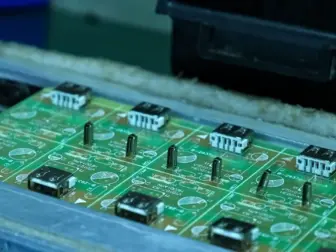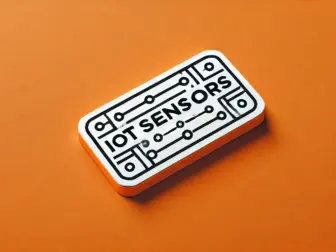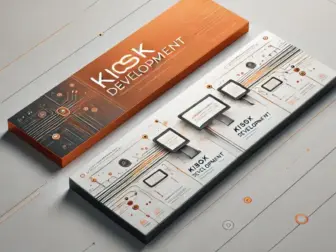Tag - Industrial Automation
Revolutionizing Industries with Industrial Automation
Industrial automation is changing the way businesses operate across various sectors, with the integration of advanced technology and robotics leading to increased efficiency, productivity, and safety in manufacturing processes. This revolutionary approach to production involves the use of control systems, machinery, and software to streamline tasks and optimize operations.
One of the key benefits of industrial automation is the ability to enhance productivity by reducing human error and increasing the speed of production. By automating repetitive tasks and utilizing robots for intricate processes, businesses can significantly boost their output while maintaining a high level of accuracy. This not only leads to cost savings but also allows companies to meet the growing demands of the market.
In addition to improving efficiency, industrial automation also plays a crucial role in enhancing workplace safety. By deploying robots and automated systems to handle hazardous or physically demanding tasks, companies can minimize the risk of workplace accidents and injuries. This not only protects employees but also ensures compliance with strict safety regulations.
Furthermore, industrial automation allows businesses to adapt quickly to changing market demands and consumer preferences. With the ability to reprogram machines and adjust production processes on the fly, companies can respond rapidly to fluctuations in demand and introduce new products to the market without extensive retooling. This flexibility gives businesses a competitive edge in today’s fast-paced market.
Another significant advantage of industrial automation is its impact on product quality. By utilizing advanced sensors and monitoring systems, companies can maintain strict quality control standards throughout the production process. This results in consistently high-quality products that meet customer expectations and build trust in the brand.
Moreover, industrial automation enables businesses to reduce their environmental footprint by optimizing resource usage and minimizing waste. By implementing energy-efficient equipment and processes, companies can lower their carbon emissions and contribute to a more sustainable future. This not only benefits the environment but also enhances the company’s reputation as a responsible corporate citizen.
Overall, industrial automation is revolutionizing industries across the globe by enhancing productivity, safety, flexibility, quality, and sustainability. As businesses continue to embrace new technologies and innovative solutions, the future of manufacturing looks brighter than ever before.



